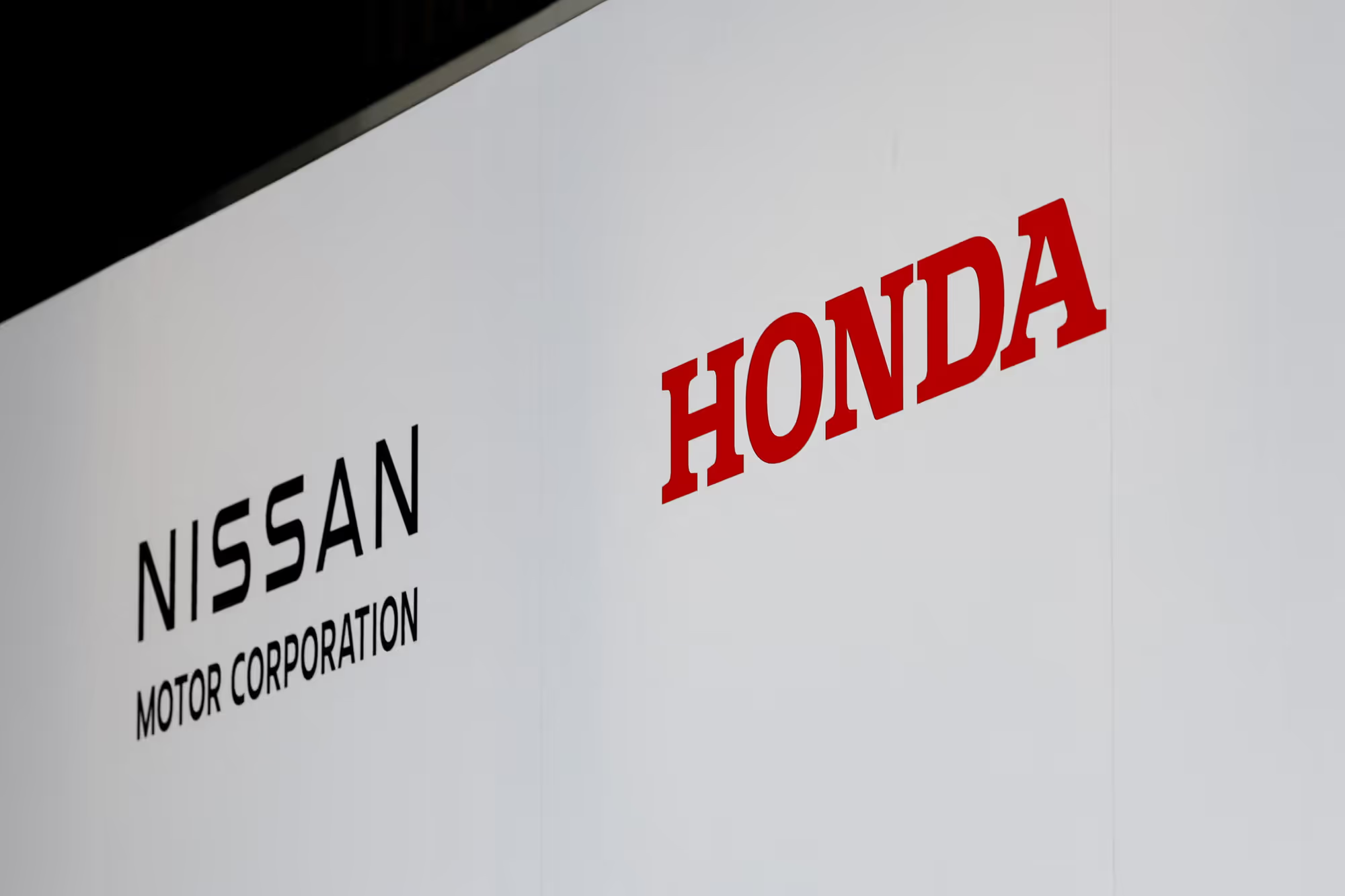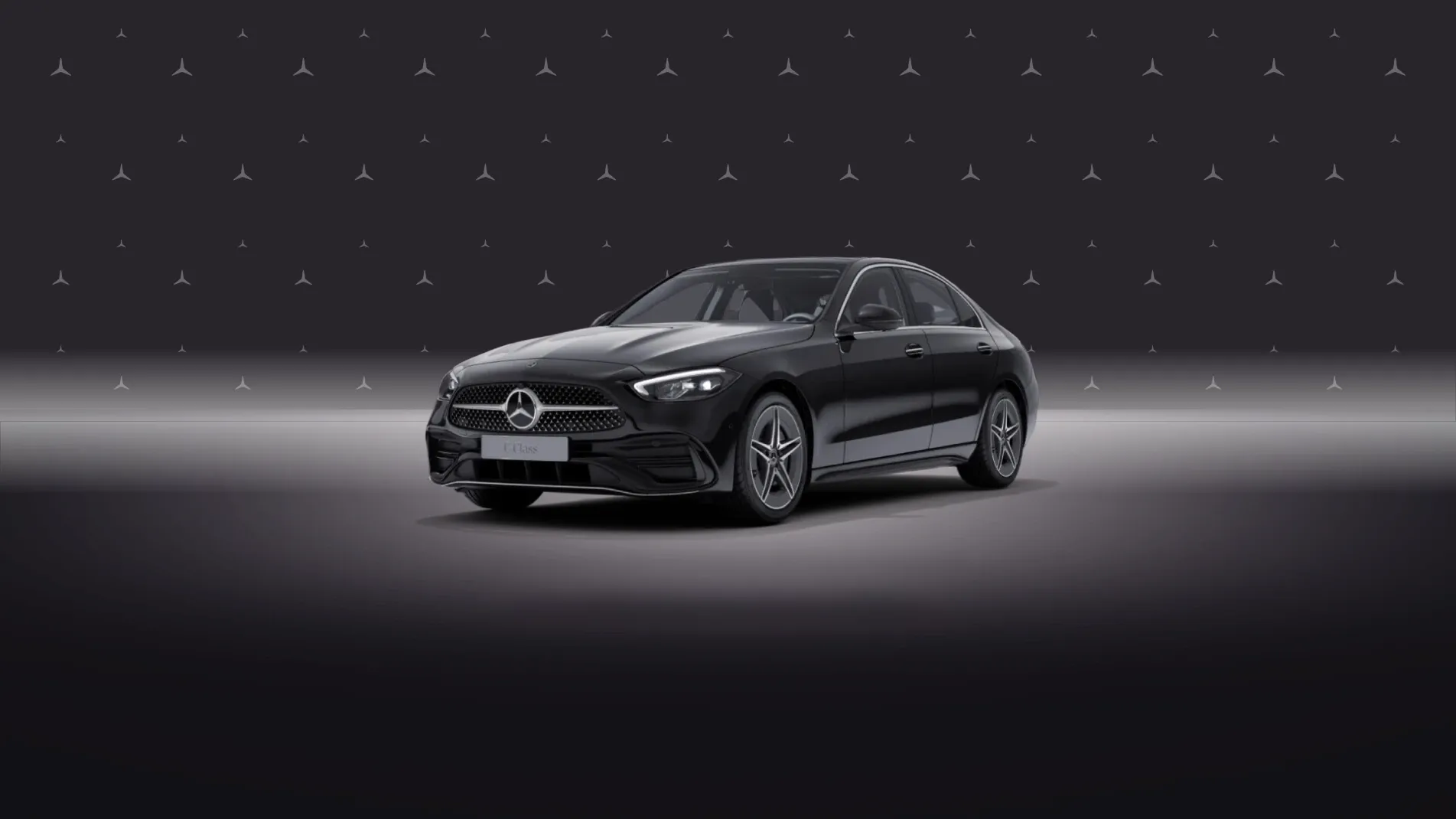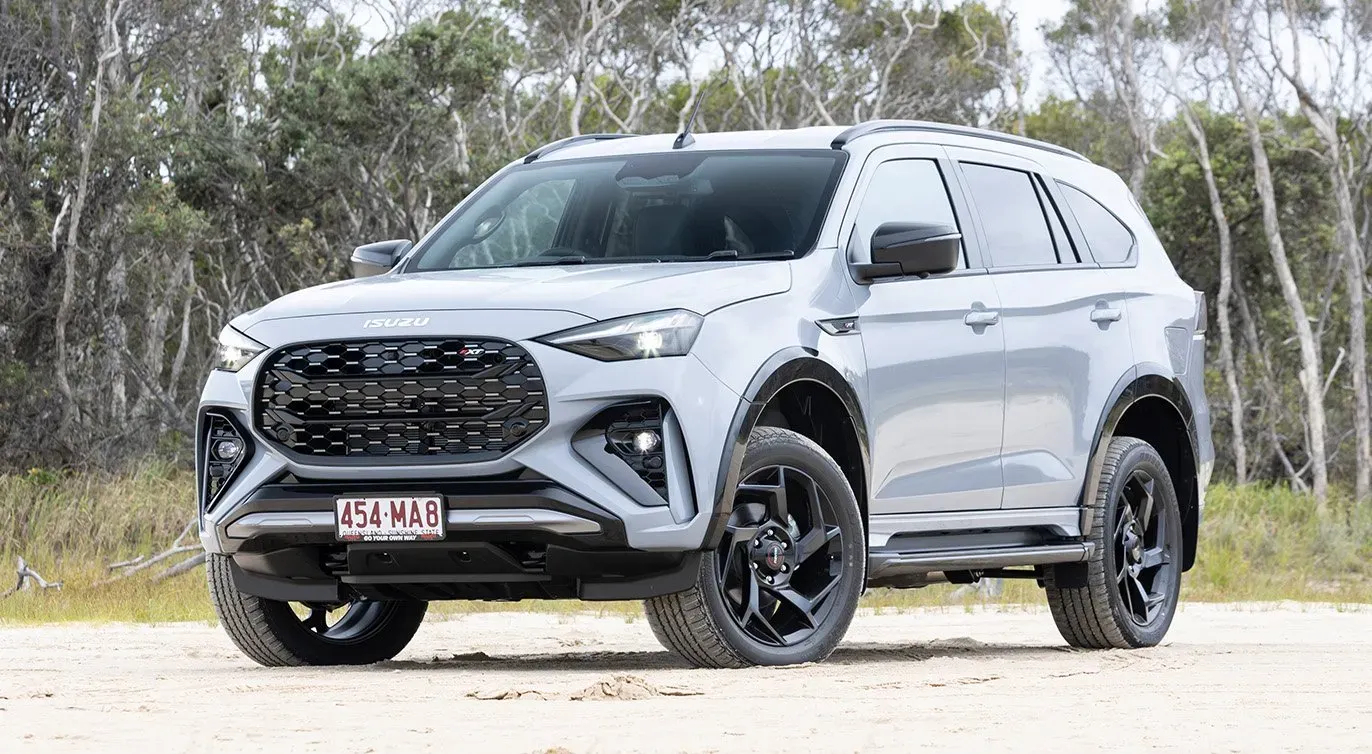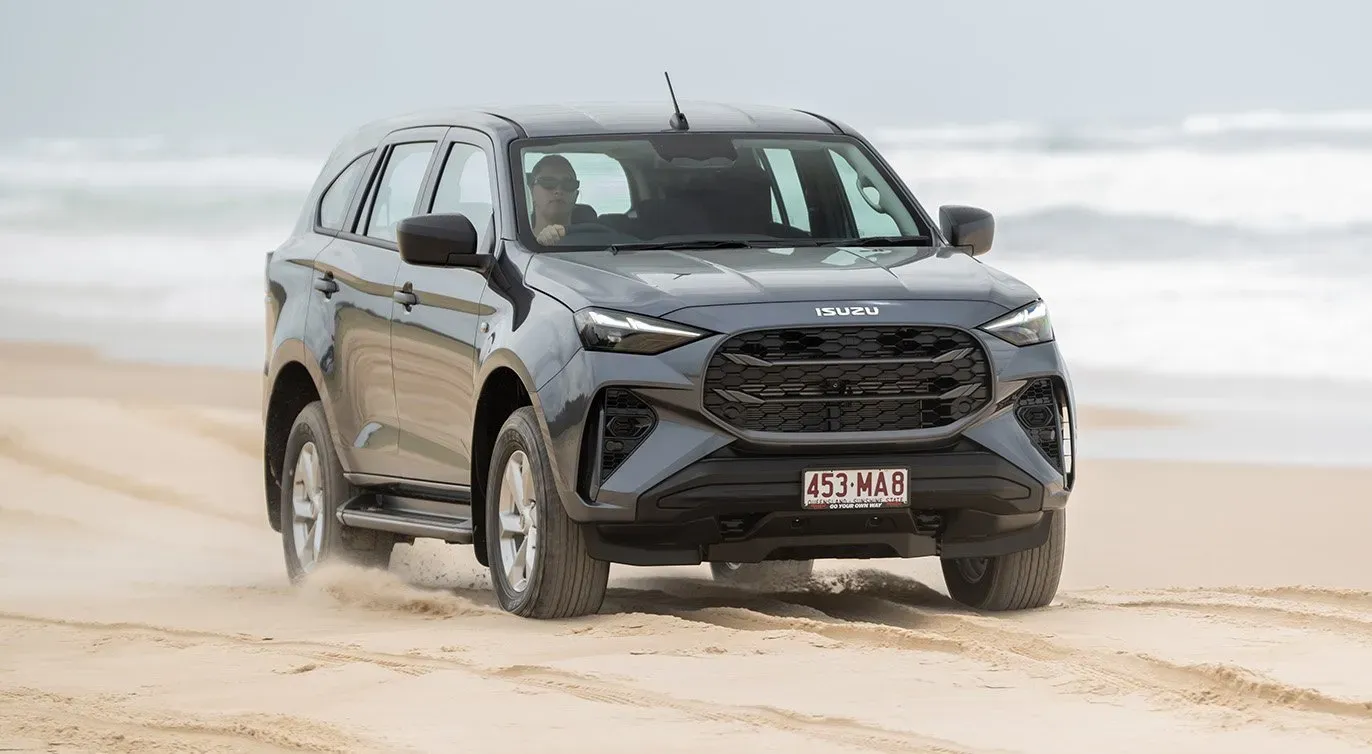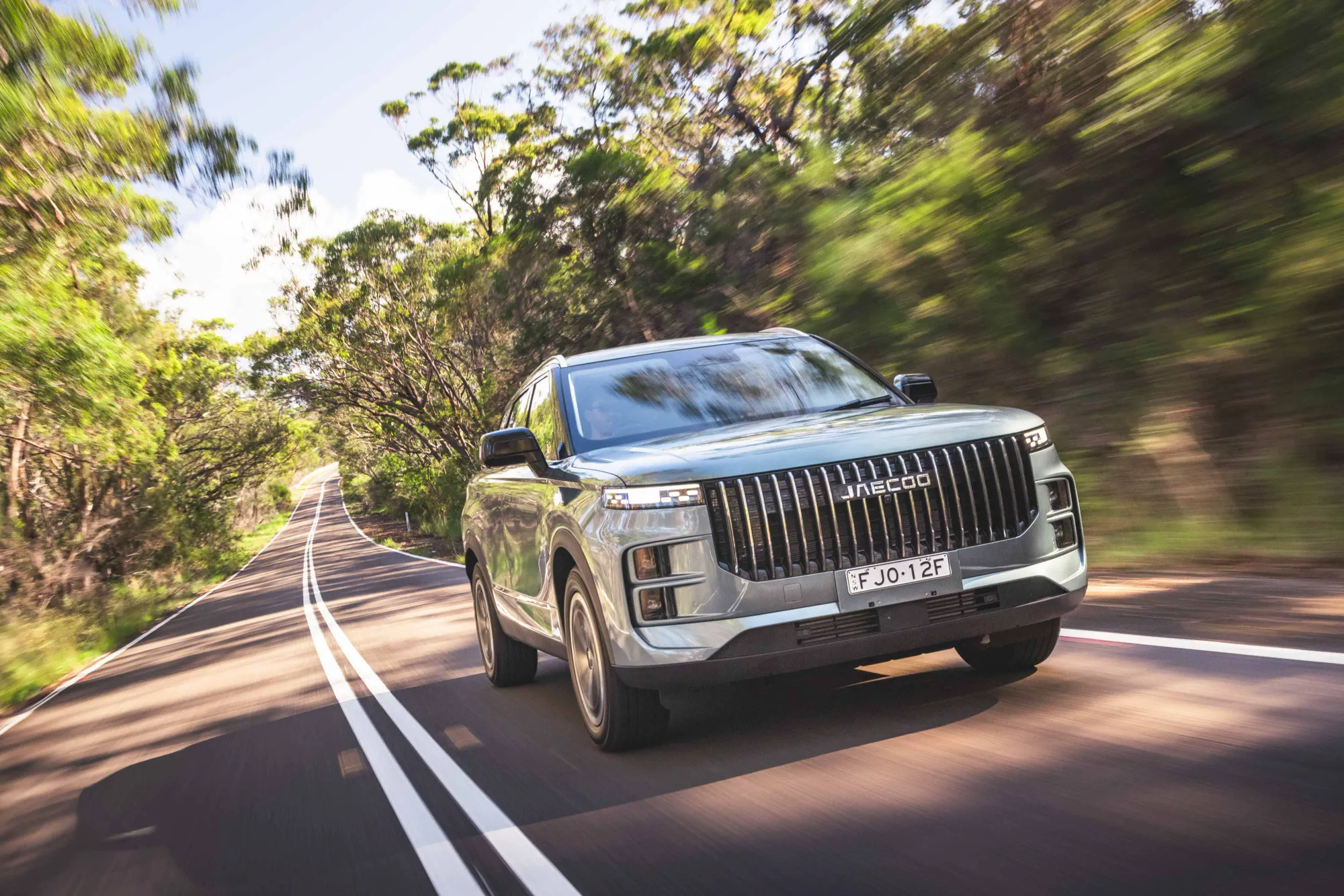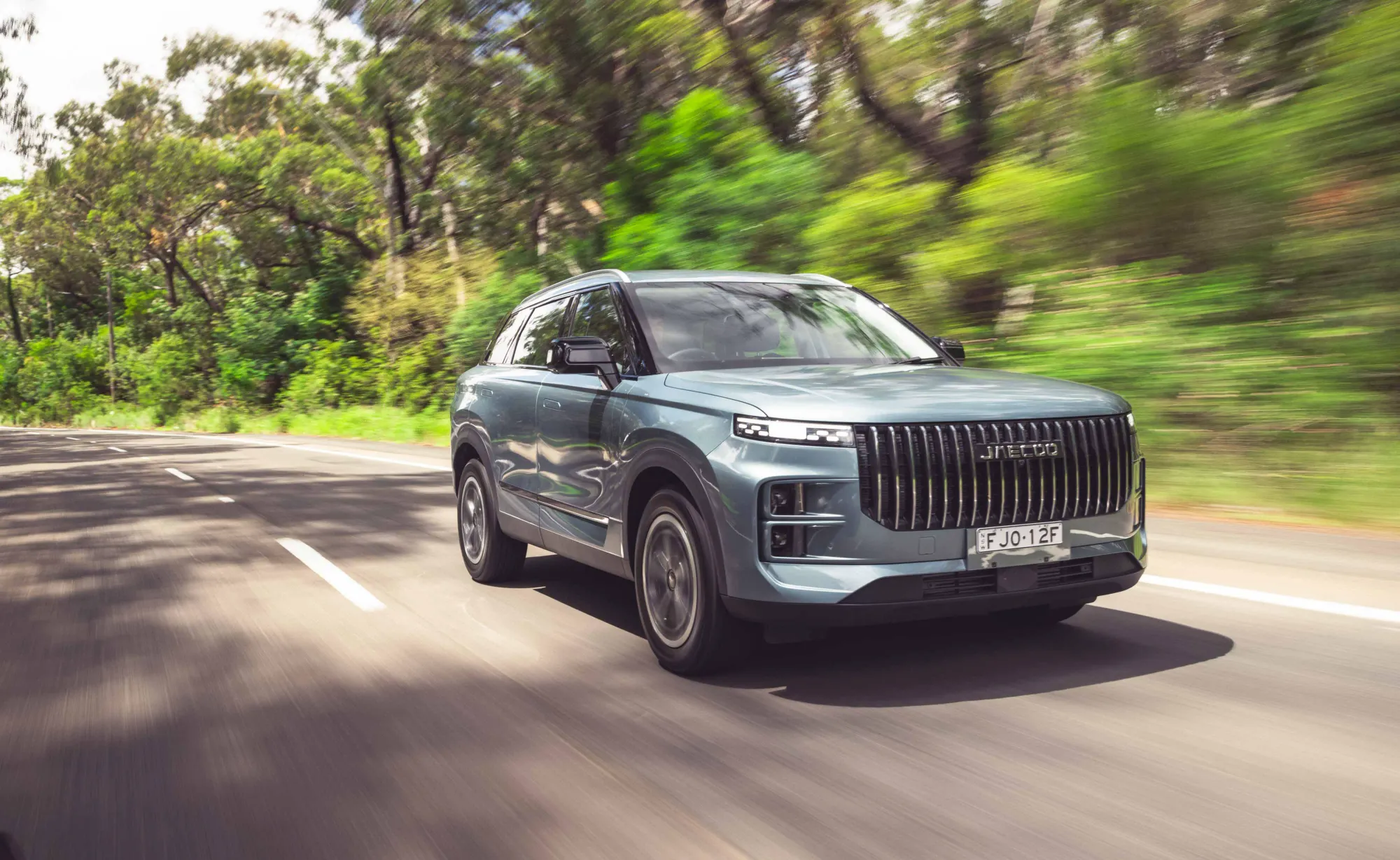The proposed merger between Nissan and Honda is reportedly on the brink of collapse, with Nissan actively seeking a new partner, according to insider reports. Negotiations between the two Japanese automakers have soured, primarily due to Nissan's reluctance to become a subsidiary of Honda, instead seeking an equal partnership.

Merger on Life Support
Despite Nissan's precarious financial position, insiders claim the company believes it has more to offer the partnership than Honda is willing to acknowledge. This impasse has led Nissan to explore alternative alliances, with a focus on technology sector companies based in the United States.

Seeking a Tech-Savvy US Partner
According to Bloomberg, Nissan's ideal partner would provide access to cutting-edge technology and bolster its struggling sales in the crucial North American market. This strategic shift suggests a desire to reposition Nissan as a technology-driven automotive brand, capable of competing in the rapidly evolving EV landscape.
Conflicting Reports and Deadlines
While both Nissan and Honda have publicly stated that negotiations are ongoing, multiple reports from insiders paint a grim picture of the merger's prospects. Reuters has suggested that merger talks could potentially restart, but the overall sentiment indicates a significant breakdown in trust and alignment between the two companies.

The carmakers had previously set ambitious deadlines for developing a merger framework by mid-February, reaching a definitive agreement by June 2025, and completing the merger by mid-2026. However, these timelines now appear increasingly unrealistic.
Renault-Nissan-Mitsubishi Alliance
Nissan remains a key member of the Renault-Nissan-Mitsubishi Alliance, which was established in 1999. Renault recently reduced its stake in Nissan to 35.7 percent, but has vowed to "vigorously" defend the interests of the group and its stakeholders. Mitsubishi, while initially considering joining the Honda-Nissan merger, is now reportedly planning to remain independent.
Financial Challenges and Emergency Mode
The news of the failing Honda-Nissan merger comes at a critical time for Nissan, which recently entered "emergency mode" and announced plans to reduce production capacity by 20 percent and cut 9,000 jobs. Reports have also indicated that Nissan has a limited window to stabilize its finances, adding further pressure to find a viable path forward.
Lost Opportunity
The proposed merger would have created the world's third-largest carmaker, surpassing the Volkswagen Group and trailing only Toyota. In 2024, Honda and Nissan collectively produced approximately 6.88 million vehicles, highlighting the potential scale and market impact of a successful alliance.

What We Think
The collapse of the Nissan-Honda merger would represent a significant setback for both companies, particularly Nissan, which faces mounting financial challenges and a need for strategic revitalization.
As Nissan actively searches for a new partner, the automotive world will be watching closely to see which direction the struggling automaker will take in its quest for survival and renewed success.
The potential for a technology-focused alliance could offer a glimpse into the future of Nissan, but the path forward remains uncertain.



